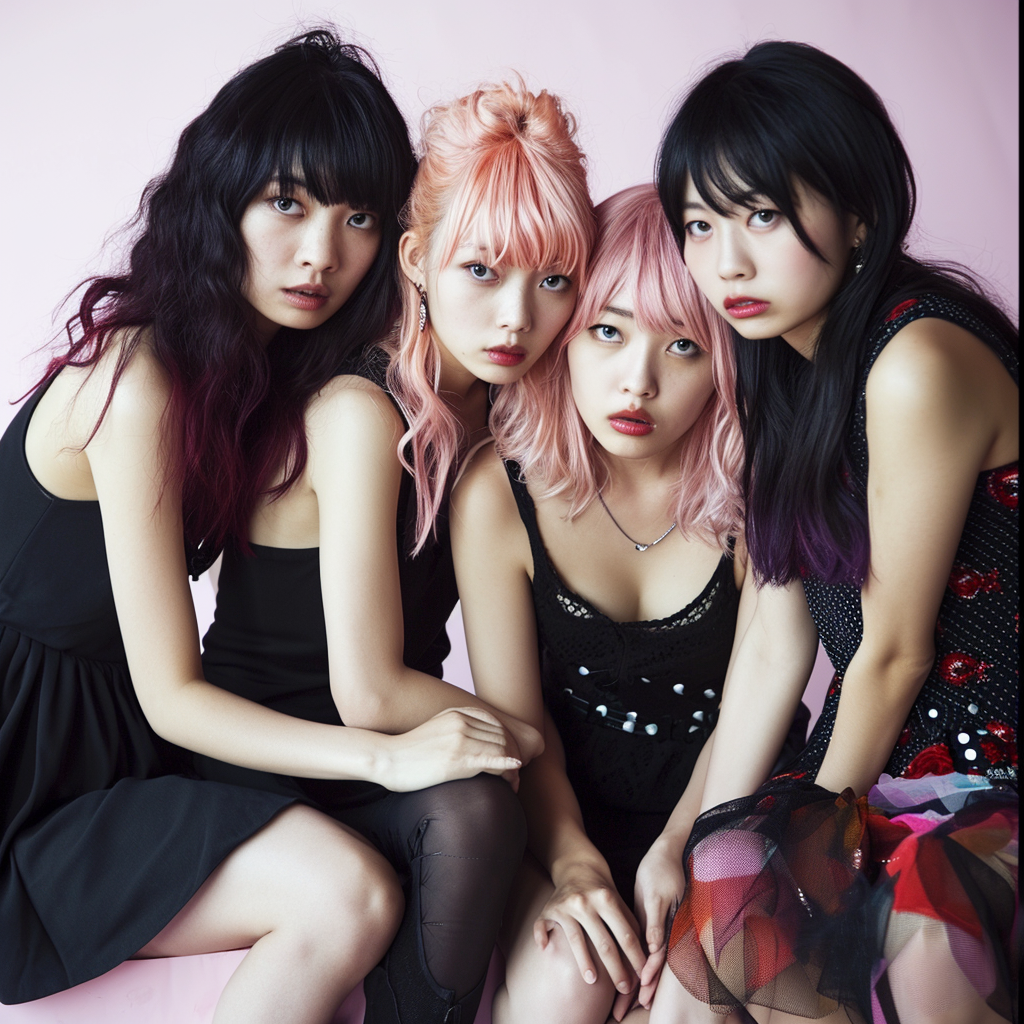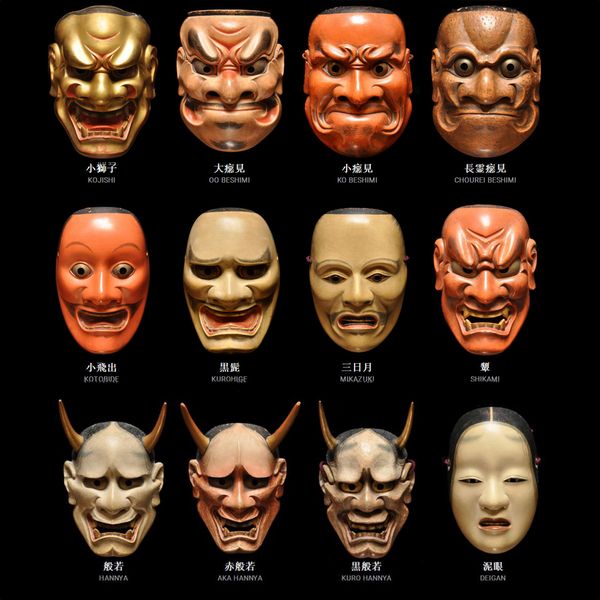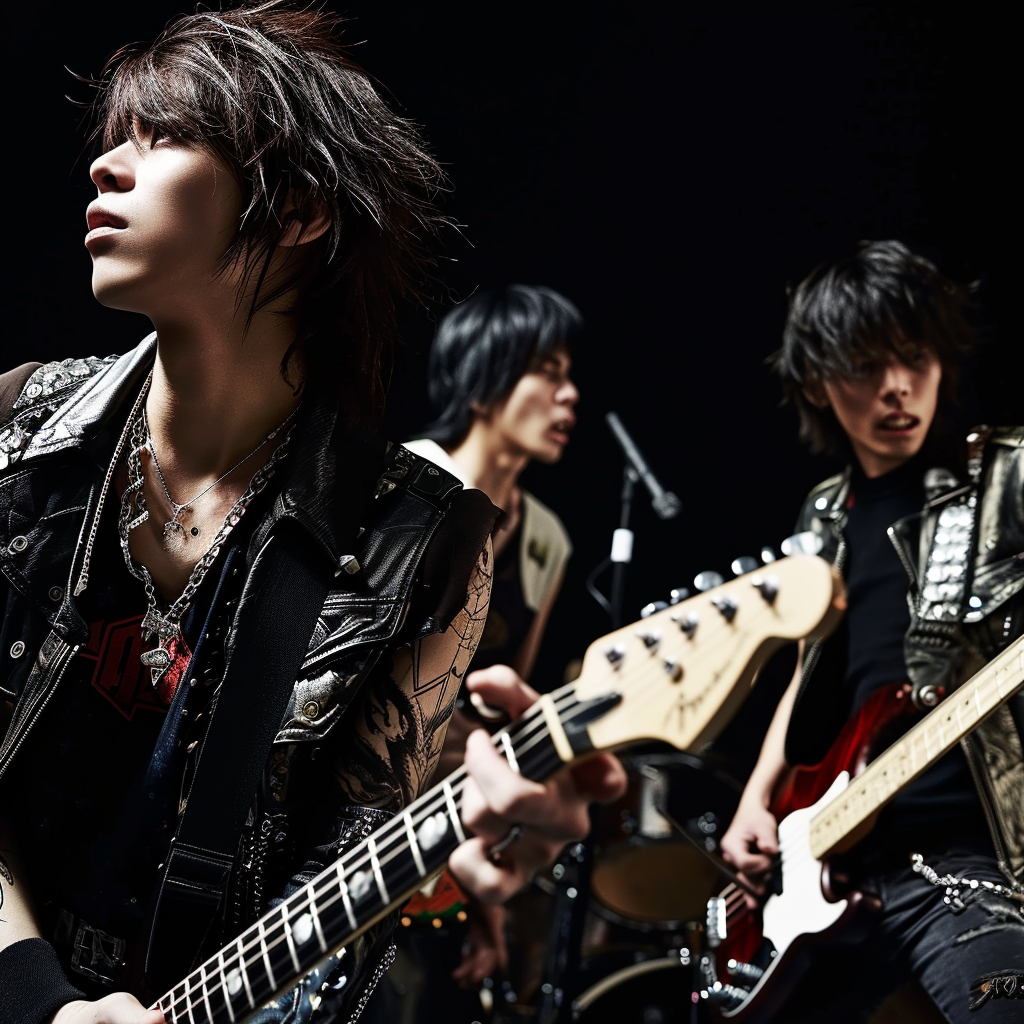J-Pop, short for Japanese Pop, is a Japanese music genre that has taken the world by storm with its vibrant energy, catchy melodies and charismatic artists. Let’s delve into the rich history and fascinating evolution of this musical genre, a cultural force that transcends national borders.
Genesis of J-Pop:
J-Pop emerged in the 1960s, influenced by Western pop and counterculture movements. Early icons of the genre, such as Kyu Sakamoto with “Sukiyaki” in 1963, laid the foundation for what would become a worldwide musical phenomenon.
The Golden Years:
The 1980s and 1990s were the golden decades of this industry. Iconic groups such as Hikaru Utada, Namie Amuro and SMAP have dominated the charts. This musical style saw an explosion in popularity with the advent of idol culture, where groups such as Morning Musume and HKT48 captivated fans with their catchy music and energetic performances.
The Influence of Idol Culture:
J-Pop is closely linked to Japanese idol culture, featuring young artists often presented as idols who are accessible and close to their audience. Fans identify not only with the music, but also with the artists’ personality and lifestyle.
Evolution of Styles and Artists:
Over the years, J-Pop has evolved to encompass a variety of styles, from rock to hip-hop, R&B to electro-pop. Artists such as Perfume, Arashi and EXILE brought contemporary nuances, while innovative producers like Yasutaka Nakata redefined the sonic boundaries of the genre.
The Global Impact of J-Pop:
Thanks to the Internet and the globalization of pop culture, this music industry has gained an international audience. Artists such as BABYMETAL, Kyary Pamyu Pamyu and BTS have managed to transcend boundaries, making J-Pop a global phenomenon.
New Waves and Trends:
J-Pop continues to reinvent itself with the emergence of new generations of artists. Bands like Nogizaka46 and King & Prince captivates the younger generation, while solo artists like Kenshi Yonezu and Aimyon bring a fresh and authentic touch to the scene.
J-pop artists
here are some groups that have marked the history of J-Pop and enjoyed great popularity at different times:
-
Arashi:
Formed in 1999, Arashi is one of the most iconic groups. It has dominated the scene for years with its versatile style and active members in the entertainment world.
-
SMAP:
Active from 1988 to 2016, SMAP was a popular and versatile group consisting of singers, actors and entertainers. They left a lasting mark on J-Pop history.
-
Perfume:
An electronic music and pop group formed in 2000, Perfume is known for its unique style and innovative performances. He gained international fame.
-
Hikaru Utada:
Although she is primarily a solo artist, Hikaru Utada is worth mentioning. She is one of the most influential and successful J-Pop artists.
-
Morning Musume:
An idol group formed in 1997, Morning Musume is one of the pioneers of the idol genre. It has seen many member changes over the years.
-
EXILE:
With an often changing lineup, EXILE is a dance-pop group that has racked up numerous hits since its formation in 2001.
-
King & Prince:
Formed in 2018, King & Prince is a relatively new band but has already gained popularity with its catchy melodies.
-
Nogizaka46 and Keyakizaka46:
These groups are part of the family of idol groups derived from the popular concept of AKB48. They are known for their group performances and member rotation.
-
Kenshi Yonezu:
Although primarily a solo artist, Kenshi Yonezu is a highly acclaimed J-Pop musician and producer. His songs are often used in anime and dramas.
-
AKB48:
Founded in 2005, AKB48 is one of the most influential and largest idol groups. It is famous for its multiple member concept and live shows.
It is important to note that the J-Pop scene is dynamic and new artists are constantly emerging. As musical preferences are subjective, this list is not exhaustive, and other groups may also have significant influence in the world of J-Pop.
J-Pop, with its eclectic mix of styles and its ability to evolve with trends, remains an essential cultural phenomenon. Between tradition and modernity, J-Pop continues to shape the global music scene. This industry unites fans around the world with its dynamic music and distinctly Japanese spirit. Whether you are an ardent admirer or a novice, J-Pop offers a unique musical journey.





